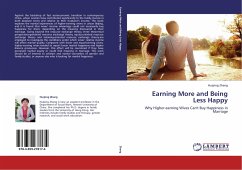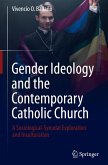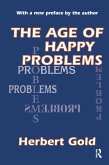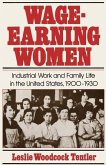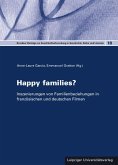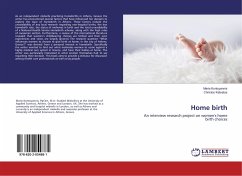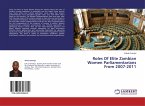Against the backdrop of fast socioeconomic transition in contemporary China, urban women have contributed significantly to the family income in both absolute terms and relative to their husband's income. This book explores the marital experiences of higher-earning wives in urban Beijing, and it is found that wives' income advantage could not necessarily buy happiness for them, depending on the meaning discovered in their marriage. Going beyond the resource exchange theory, three theoretical perspectives-gendered resource exchange theory, equity-oriented resource exchange theory and meaning-oriented resource exchange theory-are employed to investigate the conditions under which wives' relative income will affect marital quality. Compared with lower and equal-earning wives, higher-earning wives tended to report lower marital happiness and higher divorce proneness. However, this effect will be countered if they have perceived marital equity or could find meaning in marriage. This work should be of interest to scholars and marital counselors of gender and family studies, or anyone else who is looking for marital happiness.
Hinweis: Dieser Artikel kann nur an eine deutsche Lieferadresse ausgeliefert werden.
Hinweis: Dieser Artikel kann nur an eine deutsche Lieferadresse ausgeliefert werden.

